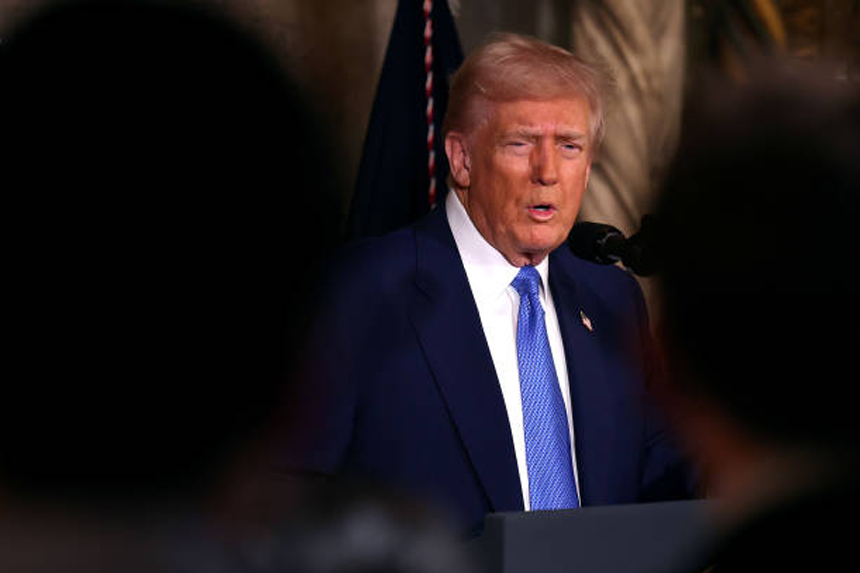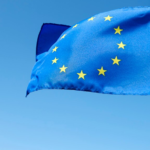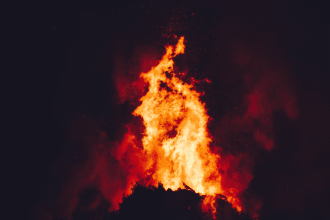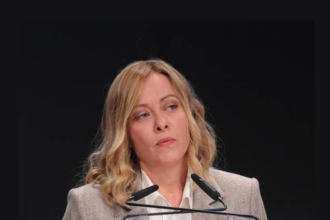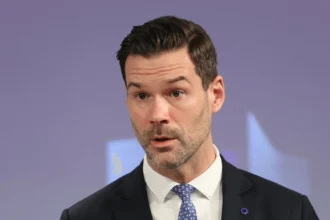In a recent event, President Donald Trump has focused criticism on Ukraine following President Volodymyr Zelensky’s expression of surprise over his nation’s exclusion from Ukraine peace talks held in Saudi Arabia. Aimed at settling the continuous confrontation with Russia, these negotiations clearly lacked Ukrainian participation.
Trump’s remarks have generated debate since many people doubt his attitude on the continuous battle. Critics contend that because Russia started the assault in 2022, attributing Ukraine for the war is a distortion of the truth. However, Trump maintains that a deal could have been reached earlier, preventing the large-scale devastation seen today.
Why was the peace talks for Saudi Arabia excluding Ukraine?
Ukraine peace talks have become a focal point of global diplomacy. President Zelensky voiced his shock at Ukraine’s withdrawal from the meetings in Riyadh, noting, “We want everything to be fair and so that nobody decides anything behind our back.”
President Trump responded by expressing dismay with Ukraine’s actions and implying that earlier conversations could have helped to prevent the war. He said, “I heard they’re unhappy about not having a seat; well, they’ve had a seat for three years and a long time before. This might have been settled very easily.” Declaring, “You should have never started it,” Trump also suggested that Ukraine shared accountability for the start of the war. You might have struck a deal.”
The decision to exclude Ukraine from the Ukraine peace talks has been met with strong condemnation from European states, who say that no agreement can be reached without Ukraine’s direct involvement.
What came of the US-Russia Meeting in Riyadh?
The Riyadh conference was the first high-level, face-to-face meetings between the U.S. and Russia since the full-scale invasion of Ukraine over three years ago. U.S. Secretary of State Marco Rubio and Russian Foreign Minister Sergey Lavrov led the discussions, agreeing to appoint teams to initiate negotiations aimed at ending the war.
Emphasizing Russia’s opposition to NATO peacekeeping operations in Ukraine, Lavrov said, “Any appearance by armed forces under some other flag does not change anything. Obviously, it is utterly unacceptable.” Additionally agreed upon by the two countries were diplomatic relations restoration and post-war cooperative exploration.
The meeting’s conciliatory tone drew attention from onlookers who worried the U.S. might be changing its posture toward a more Russia-friendly policy. If the talks continue without Ukraine’s participation, it could set a precedent where peace terms are dictated without Ukrainian consent.
Reactions of European NATO Members to the US-Russia Initiative?
European NATO members have voiced concern about being excluded by what they view as a unilateral U.S.-Russia peace effort. This strategy marks a break from the firmly pro-Ukraine stance taken by former President Joe Biden.
British Prime Minister Keir Starmer underlined the necessity of a “U.S. security guarantee” to discourage future Russian aggression, noting, “The end of war, when it comes, cannot merely become a temporary pause before Putin attacks again.” European leaders have yet to agree on sending troops to Ukraine, though; German Chancellor Olaf Scholz characterizes such debates as “completely premature.”
Poland and the Baltic states remain solid in their support for Ukraine, stressing that any accord without Ukraine’s full involvement would be both unproductive and dangerous. Echoing these worries, Italian Prime Minister Giorgia Meloni emphasized the need of European unity in preserving pressure on Russia.
How Does President Trump See the Resolution of the Conflict?
After the peace negotiations between Riyadh Ukraine, President Trump expressed hope saying, ” Russia wants to do something. They want the savage barbarianism stopped.
Declaring, “I could have made a deal for Ukraine that would have given them almost all of the land, everything, almost all of the land—and no people would have been killed, and no city would have been demolished,” he also said that the war could have been avoided or resolved earlier through competent negotiations.
Regarding the possible deployment of European troops to Ukraine, Trump said, “If they want to do that, that’s great, I’m all for it,” underlining that the U.S. would not need to send its own forces, pointing out, “We won’t have any over there because, you know, we’re very far away.”
Trump’s comments have spurred conjecture on the future direction of his government’s foreign policy should he make a return to the White House. Some fear that a shift away from Ukraine will strengthen Russia, while others say that stressing diplomacy over military help may bring a quicker end to the crisis.
How has Ukraine responded to being left off the talks?
Appearing obviously tired during a news conference in Turkey, President Zelensky attacked the absence of Ukraine from the Ukraine peace negotiations, saying, “You cannot make decisions without Ukraine on how to end the war in Ukraine.”
Concerned by the seeming connection between American and Russian officials in Riyadh, he noted the little power Ukraine has over decisions taken in its absence. Zelensky also underlined the difficulty Ukraine confronts in opposing Russian forces without American backing, especially in light of the ongoing battle that has resulted in substantial losses and displacement of population.
Notwithstanding these obstacles, Ukraine is resolved to keep its sovereignty and carry on its resistance against Russian aggression. The country’s leaders are seeking for additional military aid and diplomatic backing from Western partners, claiming that any agreement with Russia could lead to future escalations.
The situation remains difficult, with diplomatic efforts continuing amidst various opinions on the way to Ukraine peace talks and conclusion. if a peace agreement can be attained and if Ukraine will be given a vote in defining its future will depend much on the next months.


